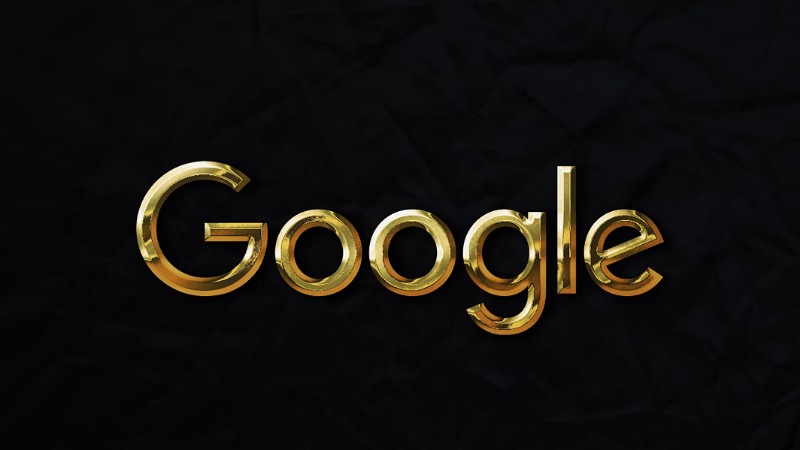Germany and Google target cloaked ads in crackdown on illegal gambling
Policy UpdatesGermany’s Joint Gambling Authority of the Federal States (GGL) is increasing efforts to counteract illicit internet gambling advertising. In conjunction with Google, the GGL is rethinking tactics to ensure tighter enforcement against unlicensed operators who use digital platforms to target customers. The implementation of the Google Ads gambling policy updates has helped to limit gambling-related marketing to regulated providers. Despite these precautions, unlicensed operators continue to find ways around limitations, particularly through cloaking techniques that conceal illegal information and elude detection. Strengthening digital advertising oversight Since November 2024, Google’s work with the GGL has resulted in new Google Adverts gambling rules that effectively ban unlicensed operators from appearing in paid searches. This represents a huge step in reducing unlawful gambling exposure and reinforcing safe gambling practices. Whilst early results were achieved, the ongoing innovation of deceptive methods by illicit operators has necessitated tighter enforcement measures. Cloaking, a technique that conceals unlawful content in order to avoid discovery by search engines and authorities, remains one of the most significant issues. To remedy this, the GGL is calling for a more robust IP-blocking standard that will quickly address illicit gambling platforms. These safeguards are critical to preserving the integrity of the digital advertising landscape and guaranteeing regulatory compliance. Addressing compliance challenges in online gambling The latest Google Ads gambling compliance initiatives have underlined the importance of constantly refining regulatory methods. Whilst blocking paid ads from unlicensed operators has proven effective, illegal gambling organisations have switched their attention to organic search manipulation. As a result, the GGL, in partnership with industry experts and politicians, is looking into novel ways to reduce this risk. Beyond advertising restrictions, the GGL is bolstering enforcement by tracking digital trends, employing real-time detection, and encouraging global collaboration to resist emerging methods and uphold compliance in online gambling.








